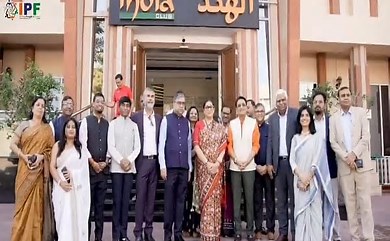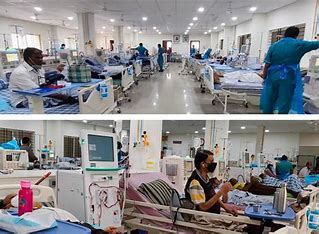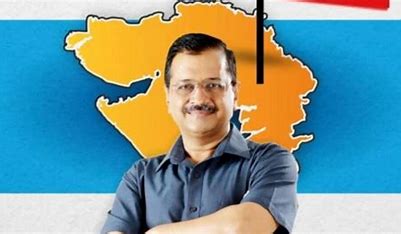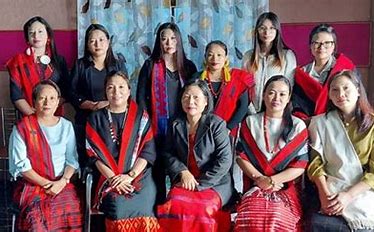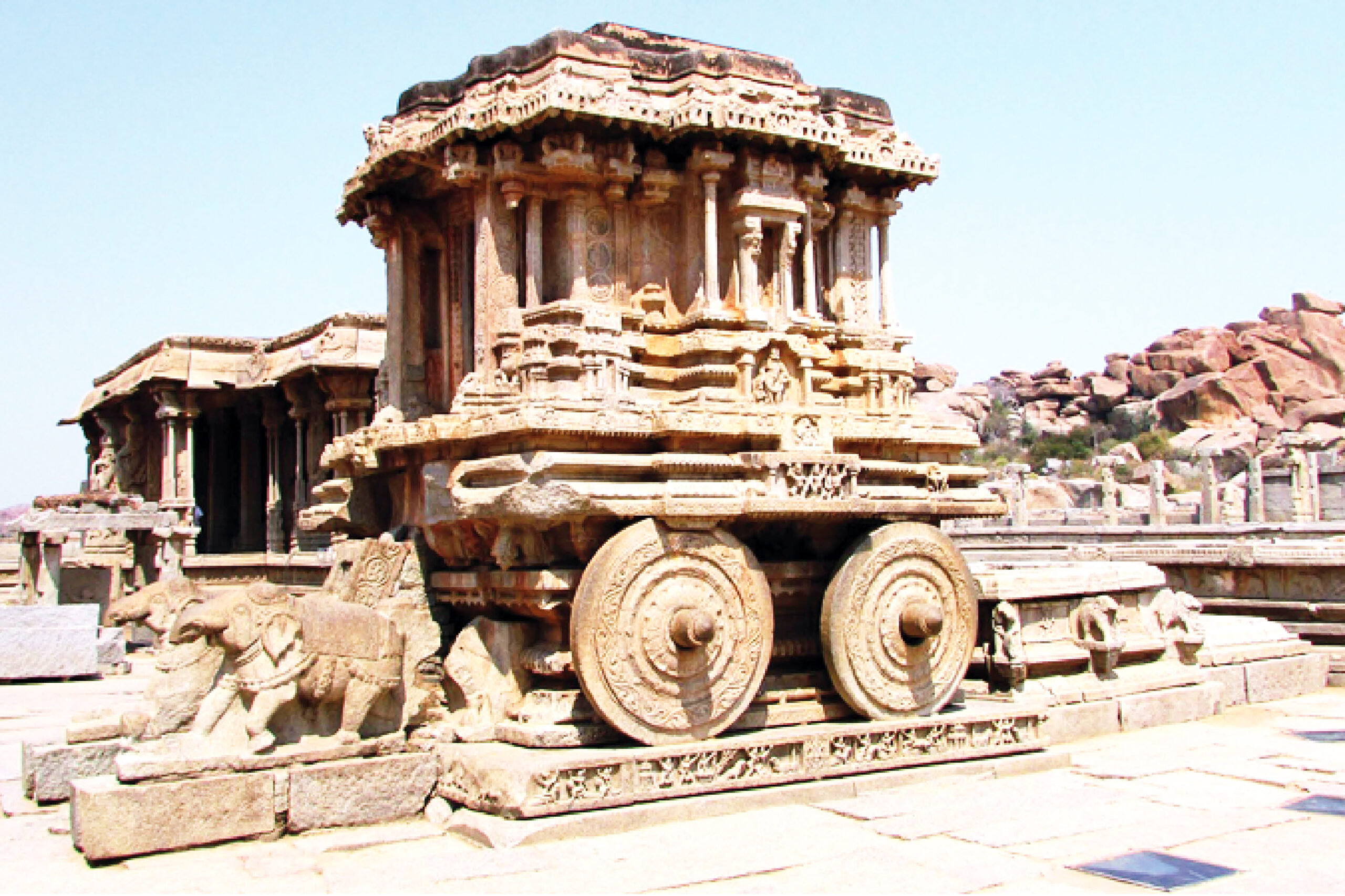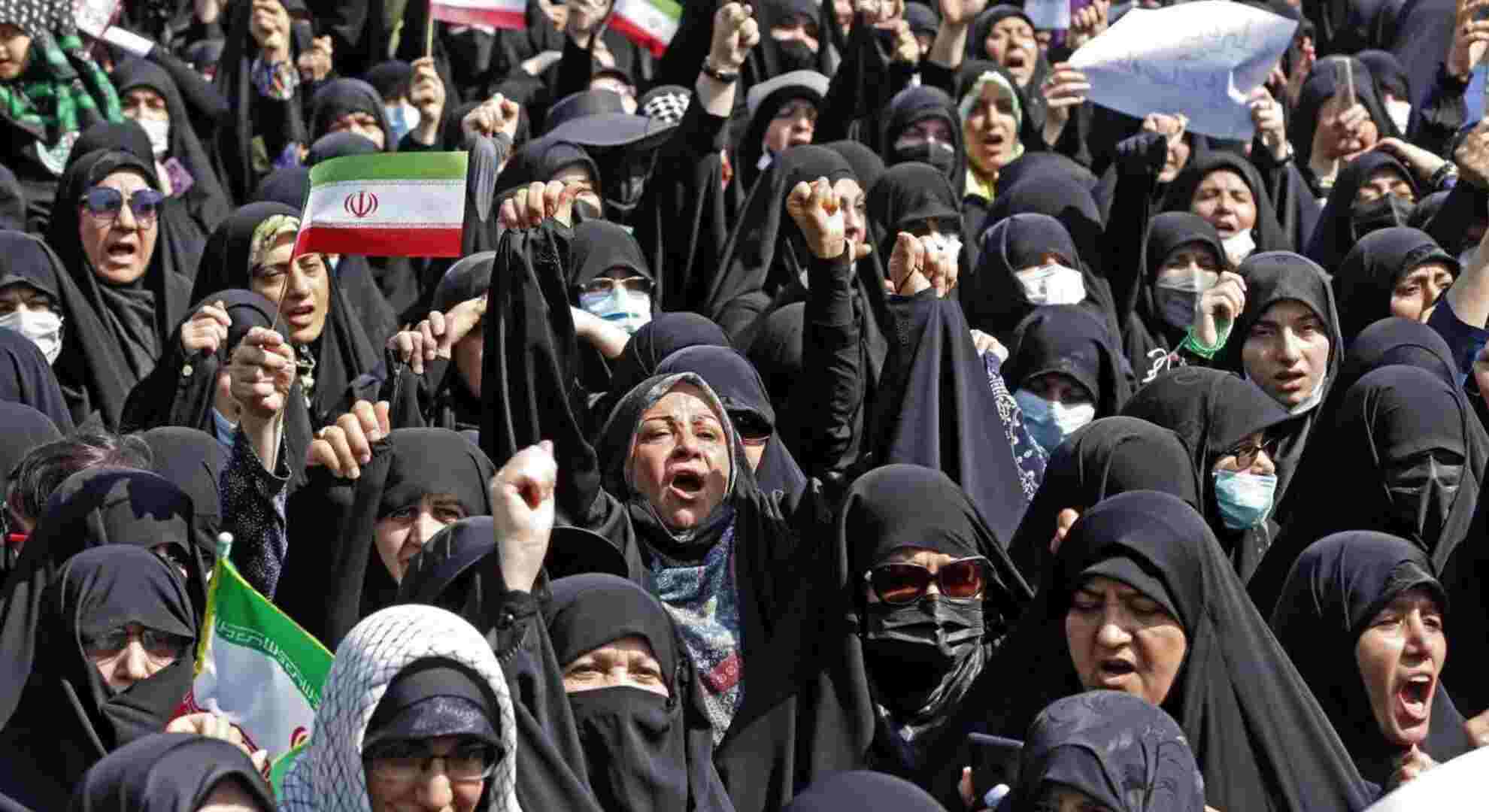
Iranians cast their votes on Friday in a closely watched presidential election following the untimely death of President Ebrahim Raisi last month. With six candidates originally in the running, the election has highlighted deep societal divisions, particularly concerning the contentious issue of mandatory hijab laws.
Among the candidates, Masoud Pezeshkian stands out as a reformist advocating for greater social openness and engagement with the West. Pezeshkian has been a vocal critic of mandatory hijab laws, emphasizing personal freedoms and opposing government mandates on attire and lifestyle choices.
The election campaign has been marked by robust debates on social freedoms, exacerbated by economic challenges and international sanctions. Iran’s economy has struggled under sanctions imposed after the collapse of the 2015 nuclear deal, compounding domestic economic mismanagement.
The mandatory hijab laws, enforced since the Islamic Revolution in 1979, have sparked periodic protests challenging the government’s control over personal freedoms. Recent incidents, including the death of Mahsa Amini in custody after being arrested for hijab violations, have galvanized movements like “Women, Life, Freedom,” advocating for women’s rights and broader civil liberties.he
During televised debates and campaign rallies, the issue of mandatory hijab has featured prominently, reflecting its significance in Iranian society. Pezeshkian’s candidacy has resonated with segments of the population, particularly young voters and women, who see his platform as a potential catalyst for social reform.
Critics argue that mandatory hijab laws infringe on individual liberties and contribute to widespread discontent with governmental oversight of personal choices. The debate has cut across demographic lines, drawing support from diverse groups, including religious conservatives disillusioned with the status quo.
The outcome of the election, scheduled to be announced on Sunday, June 30, holds significant implications for Iran’s future direction on social policies. The incoming administration’s stance on issues like mandatory hijab will be closely scrutinized, both domestically and internationally, amid hopes for greater personal freedoms and societal reforms.
As Iran navigates these critical junctures, the election results will not only shape domestic policies but also impact its global standing, particularly regarding human rights and civil liberties.
The election underscores a pivotal moment in Iran’s history, where competing visions for the country’s future clash against a backdrop of entrenched political and religious ideologies, setting the stage for potentially transformative shifts in societal norms and governance.
